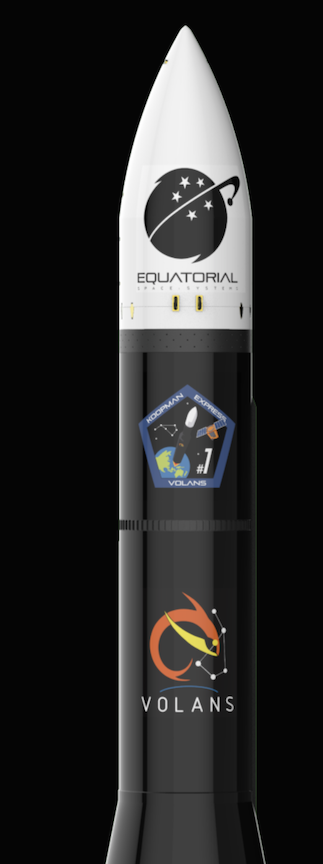
Argentina’s leading satellite development and operations company, Innova Space, express its intention to use Equatorial Space as the launch service provider (LSP) for its upcoming pico-satellite constellation which will provide internet-of-things (IoT) services globally.
The Memorandum of Understanding (MoU) covers up to two launchers per year for the full deployment of Innova’s proposed network of 500g satellites.

“We are beyond excited to help the amazing team at Mar Del Plata deploy their upcoming constellation,” says Simon Gwozdz, the CEO of Equatorial Space, “Our very vision of a safer and more affordable responsive access to each individual orbital plane and inclination is gaining interest, and we are on track to begin revenue services with our Volans launcher by 2023.”
“We are looking forward to collaborate with Equatorial Space and use their innovative solution to put in orbit our future constellation,” says Alejandro Cordero, the CEO of Innova Space, “Our particular interest is their ability to deploy our satellites in their final orbital position, reducing the complexity of the satellite from our side, letting us to maintain our low costs.”
Equatorial Space is developing novel propulsion technologies that reduce the risk and cost of space access by a factor of 50 percent compared to existing chemical rocket propulsion systems. It’s proprietary solid fuel, the HRF-1, was test-flown in Malaysia in December 2020 in the first commercial launch in the history of Southeast Asia.
Based in Mar Del Plata (Argentina), Innova Space designs and develops the future using pico-satellites. Innova Space proposes to change the world with greater IoT connectivity. Their upcoming constellation of about 100 pico-satellites optimized for IoT communications, will provide a low-cost, highly secure, bi-directional connection to any IoT device on Earth in just a few minutes.
